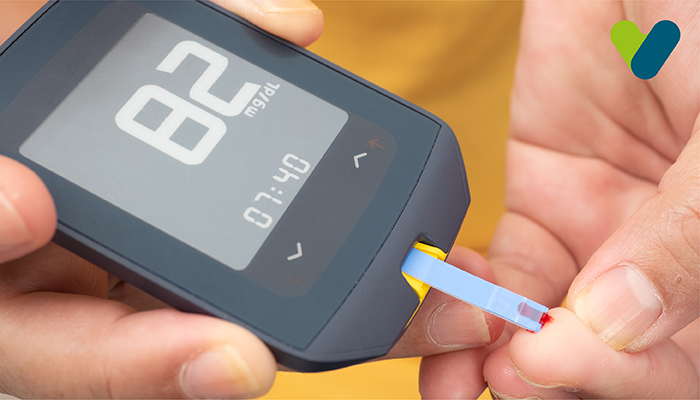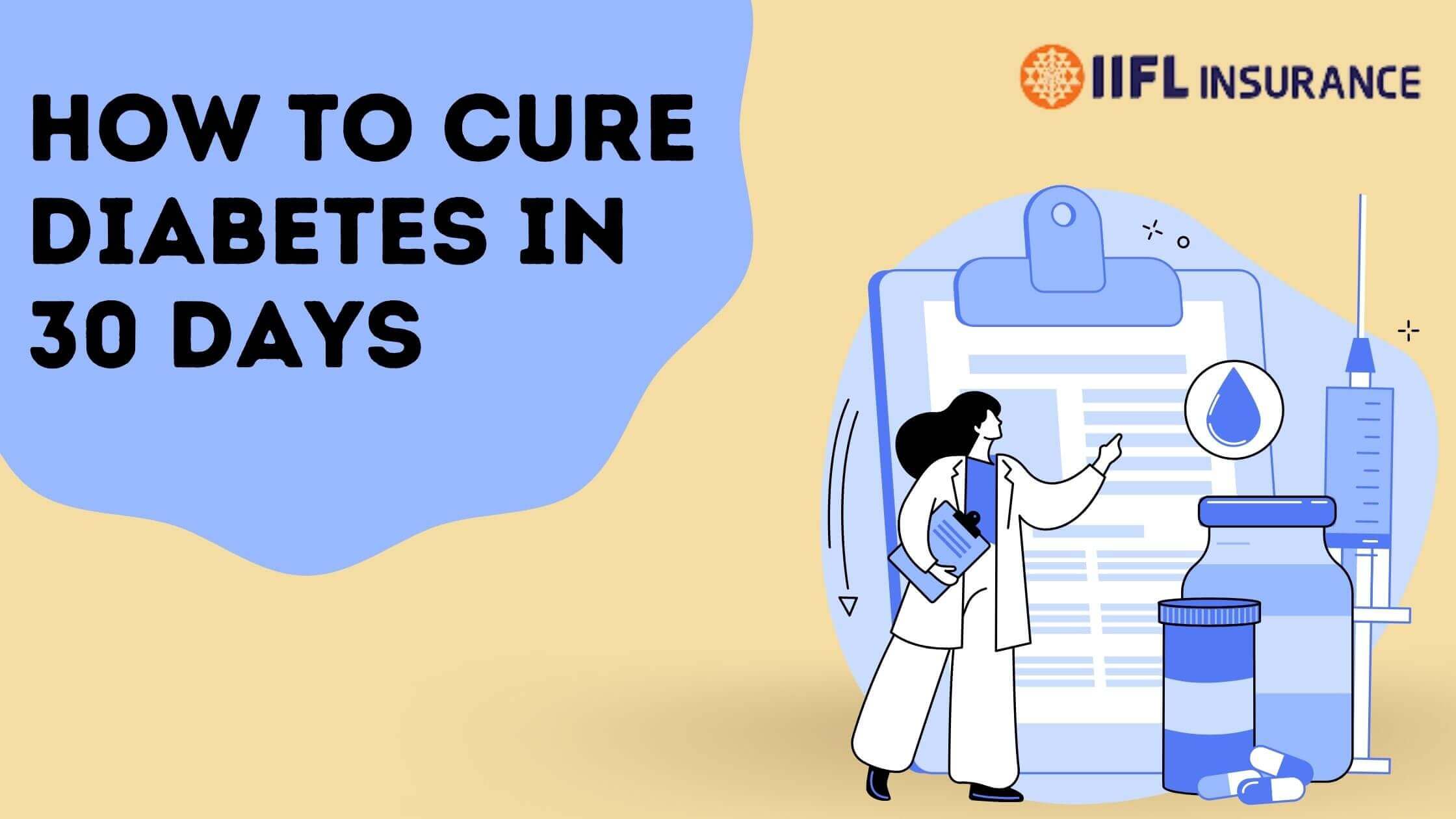Vidya is curious to know how blood sugar levels are supposed to vary throughout the day. She has heard of a rather emancipated girl in her office having low blood sugar, but she also saw her rather an obese boss nearly faint from low blood sugar.
Similarly, she has seen both obese and also not-so-overweight people have high blood sugar and diabetes. She has even fainted once herself and been given a sweet to bring her blood glucose levels back to normal. This was on a day when she hadn’t had time for breakfast and was late getting down to eating lunch because she had been in a series of meetings. Until then Vidya hadn’t realized that her own blood sugar - as a seemingly healthy 32-year-old - fluctuated throughout the day.
She’s worried now about her mother who waits up to eat dinner until she gets home, on some nights. And her father is rather overweight. None of them have had their blood sugar checked in a while. And what are normal levels/ blood sugar levels without diabetes anyway?
How blood sugar levels without diabetes work
In a healthy, non-diabetic individual, blood sugar levels spike after meals as the glucose is released by the consumed food. This glucose is battery juice or fuel but it needs to be fed to the engines of the body, namely the muscles and the brain. Your brain and your muscles use the broken-down glucose to fuel all the physical and mental activity that you perform during the day.If you feel tired after preparing an especially tedious presentation, after an especially challenging meeting, or hours of poring over spreadsheets it is because of the huge amount of glucose that your brain uses to perform these activities.
Some of the glucose is also stored in your liver. If you need energy for an evening workout later, or to run up a flight of stairs, your liver will release the stored glucose to fuel such physical activity. That’s how you are able to sustain between meals.
After the glucose has been broken down and used, with the remainder stored for future requirements, your glucose levels power back down. As expenditure of glucose continues and your reserves run low, your blood glucose levels will drop again and you will start to feel hungry once again.
In other words, blood sugar levels without diabetes do spike, but they also normalize naturally without a need for any external intervention.
What are normal blood sugar levels without diabetes?
The normal blood sugar level in an individual without diabetes is about 100mg/dl after meals and anywhere between 60 mg/dl and 90mg/dl prior to their meals. The pre-meal normal blood sugar level without diabetes varies and what is normal for one individual need not necessarily be normal for another individual. However, 60mg/dl to 90mg/dl is the normal range.How high GI foods affect blood sugar levels even without diabetes
Foods with a high glycemic index are likely to make anyone’s blood sugar spike. These foods affect the blood sugar level without diabetes as well as with diabetes except that in a non-diabetic, the blood sugar levels eventually return to normal. White bread and whole wheat bread (but not whole grain bread), cakes, cookies, tea biscuits, potatoes, and French fries, chips, and crackers, cereal and a lot of cereal bars and yes even some fruits like watermelon and some dried fruits like dates, have a high GI.Anything with concentrated sugar like colas and similar beverages and of course candy has a high GI. The glycemic index has a range from 1 to 100 and anything with a GI of above 70 is said to have a high GI. Such foods must be consumed in moderation even by non-diabetics so as to maintain blood sugar levels without diabetes too and prevent spikes from becoming an actual problem.
How abnormal blood sugar levels might manifest
Worried about whether your blood sugar levels are out of whack? Concerned that you might have diabetes? No matter what your age is, even if you are only 32 years old like Vidya, diabetes is a slow and silent life ruiner that can creep up on you at any time. That said, early diagnosis and habitual control can keep blood sugar levels in check and disallow diabetes from ruining your life or impacting it negatively. Go in for a test or consult your family doctor if you witness- Excessive hunger and tiredness despite eating
- Excessive thirst and excessive peeing
- Frequent yeast infections that seem to come out of nowhere
- Cuts and bruises taking a longer than usual time to heal
- Numbness or pain in your feet
Fasting glucose test: Blood sugar levels are tested after fasting for 8 hours and if it is higher than 126 mg/dl then you are diabetic.
Oral glucose tolerance test: After fasting for 8 hours, you get a glucose drink and your blood sugar is tested two hours later.
Random check: The doctor tests your blood sugar and if it’s higher than 200 in combination with any of the above symptoms, an OGTT or fasting test to verify that you’re diabetic.


